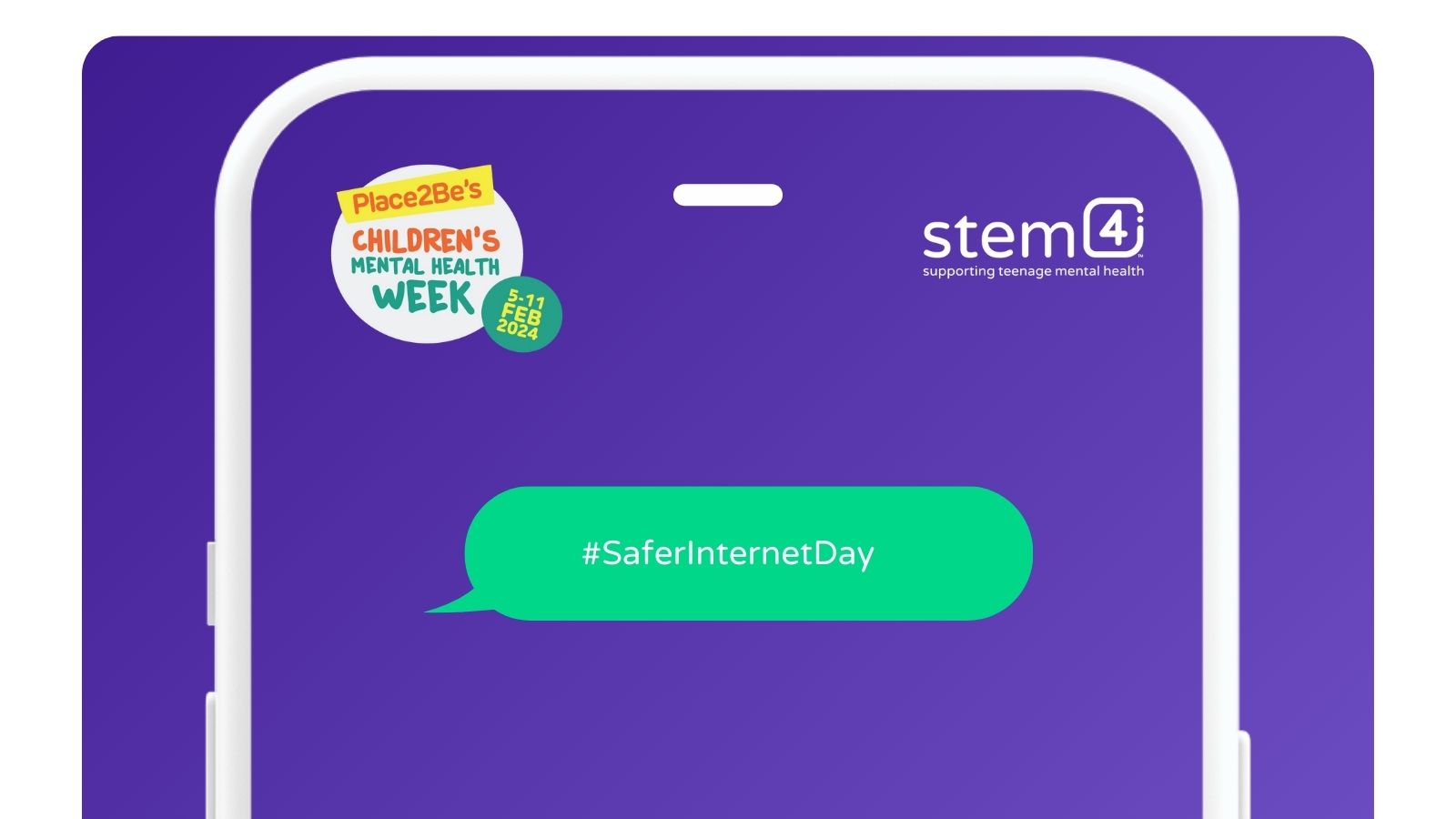
The Nominet Youth Wellbeing Index 2022 found that 94% of young people reported feeling safe online and their concerns regarding online safety were largely about concerns worries about data protection.
The index also pointed out that 83% of young people aged 11 or above reported that they had experienced something that they found upsetting including fake news, hate speech, sexual content and contact with strangers.
- While a similar proportion of young men and women feel unsafe online (4% of young men vs. 6%of young women), young women are more likely to have seen or experienced something upsetting online.
- Nearly a third (30%) of females aged 12 years or over have been asked to share inappropriate or sexual images compared to 14% of males.
Minority ethnic and young LGBTQ+ people are more likely to experience upsetting events online.
- Nearly 3 in 5 (58%) young LGBTQ+ people, and over 2 in 5 (43%) of young people who are Black, Asian or another ethnic minority, have experienced hate speech online, compared to 37% of young people overall.
- This equates to 870,000 young LGBTQ+ people, 1.4 million young Black, Asian or other ethnic minority people, and 4.1 million young people overall.
- Read more about how LGBT+ young people can stay safe online.
Therefore, while young people may not feel unsafe the reality is that they deserve to have adults supporting them to navigate these difficult experiences.
How does stem4 help?
stem4 works with children and young people by providing strategies on keeping safe from online harms. stem4’s Digital Wellbeing archive can be accessed here.
Alongside this, stem4 offers support educators, parents, carers, and health professionals on identifying, and supporting children and young people to use the internet safely.
Do you work with young people and want to know more about how to support young people use the internet safely? Attend our ‘Media Literacy + Mental Health’ training, free of charge and available to complete online in your own time. https://training.stem4.org.uk/


